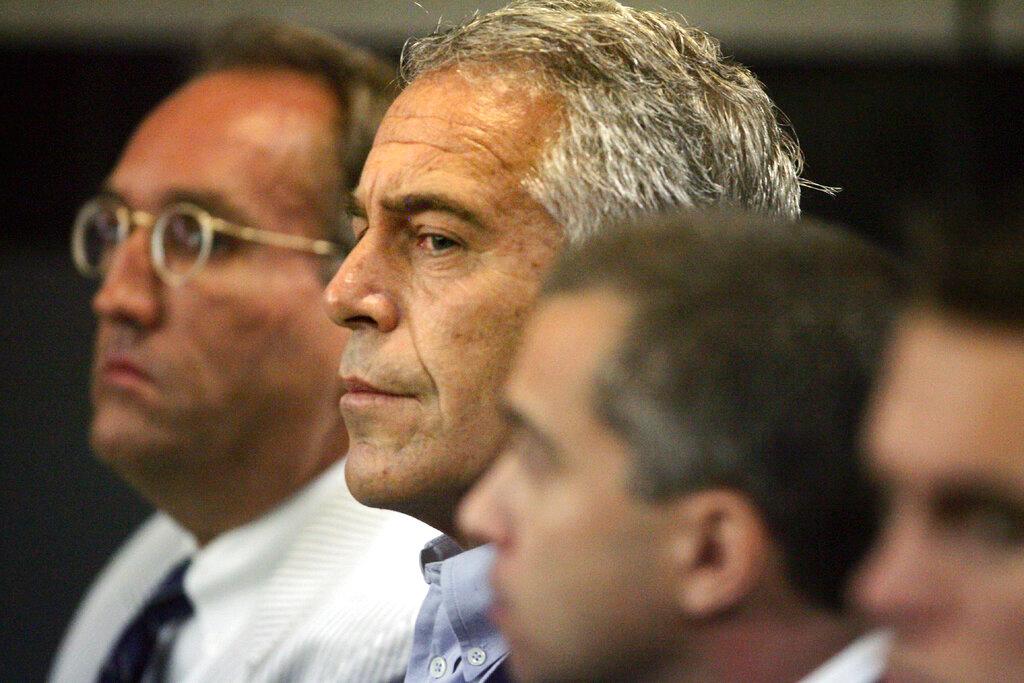Jeffrey Epstein, accused of sexually abusing and trafficking dozens of underage girls in New York and Florida, has decided to appeal the Federal Court’s decision to deny him bail.
Epstein was denied bail by U.S. District Judge Richard Berman on July 18 during a hearing in federal court in Manhattan. The decision came days after Berman said he needed more time to make up his mind.





